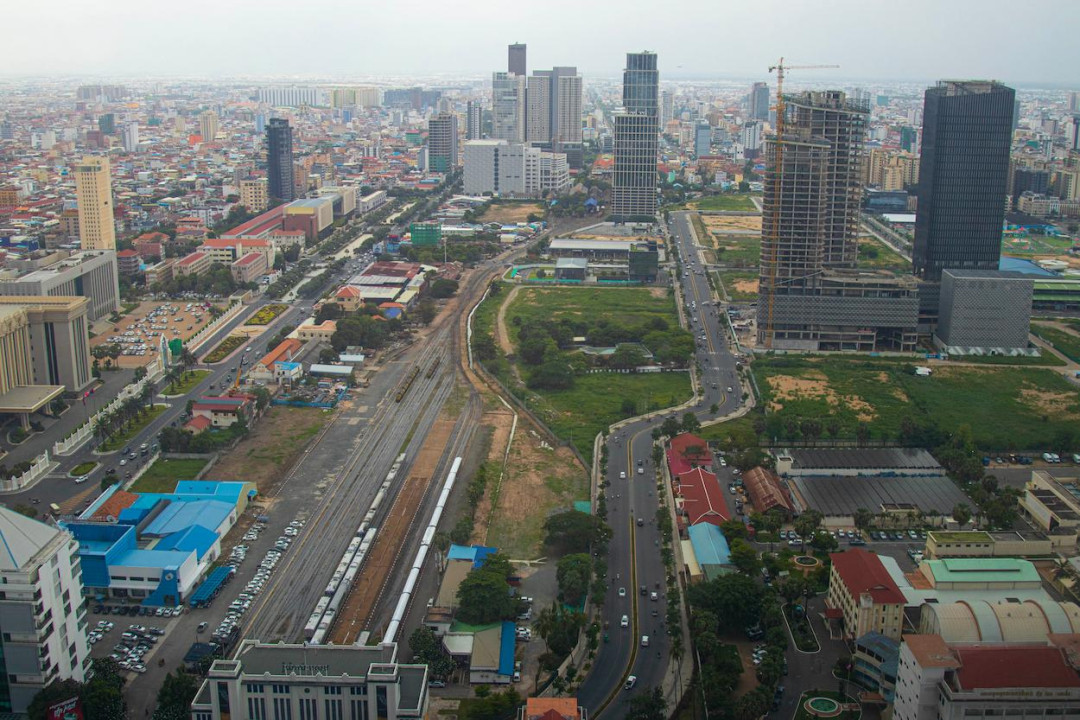IMF Projects Cambodia’s Growth Decline to 4.8% in 2025 as Financial Sector Risks Intensify

Cambodia’s economic growth is expected to slow sharply to 4.8 per cent in 2025 and further to 4.0 per cent in 2026, according to the International Monetary Fund (IMF), which warns of rising financial-sector vulnerabilities amid external shocks and weakening domestic demand.
In a statement released on 25 November, the IMF Executive Board concluded the 2025 Article IV Consultation for Cambodia, noting that downside risks have increased and cautioning that the country’s financial system remains at the center of emerging pressures. The Fund said prudent fiscal and monetary policy, along with accelerated structural reforms, will be essential to maintain stability and strengthen economic resilience.
Growth Outlook and Emerging Weaknesses
The IMF reported that Cambodia’s economy expanded by 6.0 per cent in 2024, supported by strong growth in garment and agricultural exports and a continued recovery in tourism. Nowcasting estimates show 6.2 per cent year-on-year growth in the first half of 2025.
However, the Fund said that trade disruptions, border tensions, declining remittances, slower tourism performance, and weak credit growth have revealed important economic vulnerabilities, with signs of a slowdown emerging in the second half of 2025. The projected deceleration also reflects tariff pressures and lower export margins for manufacturers.
Risks Tilted to the Downside
The IMF warned that risks are heavily skewed to the downside, highlighting concerns including:
- Rising financial-sector stress linked to elevated private debt and increasing non-performing loans
- Trade policy uncertainty affecting export demand
- Border tensions undermining confidence and tourism
- Weak domestic consumption driven by income losses and reduced remittances
On the upside, the Fund noted that stronger regional investment and trade integration and successful reintegration of returning migrant workers could improve outcomes.
Policy Recommendations
Executive Directors supported Cambodia’s plans to phase out loan forbearance by end-2025, enabling timely recognition of distressed assets and bank recapitalisation. They also called for enhanced supervisory capacity, including stress testing, asset-quality reporting, and early intervention measures, as well as reforms to insolvency laws, crisis-management frameworks, and the establishment of a deposit insurance scheme.
Monetary policy should remain agile, the IMF said, encouraging the restoration of reserve requirements to pre-pandemic levels and stronger monetary transmission in the Khmer riel.
On fiscal policy, Directors recommended temporary and targeted support for vulnerable households and displaced workers while preserving medium-term fiscal sustainability through improved revenue mobilisation and expenditure efficiency.
Structural Reform Priorities
The IMF directors underscored the urgency of accelerating structural reforms to diversify exports, enhance productivity and competitiveness, and improve trade facilitation. They further stressed that governance reforms are essential to enhance business environment, bolster investor confidence, and ensure sustainable and inclusive development, and encouraged continued efforts to address data limitations, the Fund added.